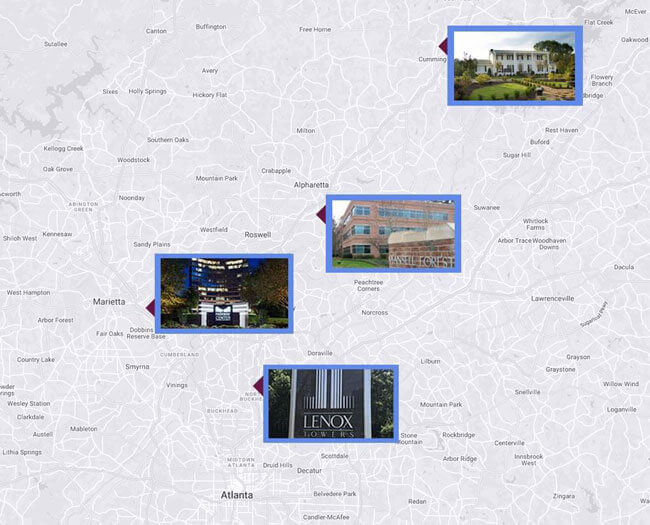Over the past 20 years, there have been remarkable advancements in assistive reproductive technology. Artificial insemination and in-vitro fertilization have given the ability to have children to many couples who were otherwise infertile.
However, these scientific advancements have led to unprecedented challenges in the legal system. With Childbirth now disconnected from intercourse, questions arise as to the legal designation of paternity and the degree of responsibility each parent should take for a child.
Changing Precedent
In the recent case of Patton v. Vanterpool, the Georgia Supreme Court faced the issue of paternity for a divorced couple who have a child by way of IVF. The husband agreed in writing to the wife getting IVF treatment, which she did a mere four days before their divorce was finalized.
After giving birth to the child, the ex-wife filed a paternity action to have her ex-husband legally considered the father of the child, since he consented to the IVF procedure, and the pregnancy started before the divorce was finalized.
The lower court sided with the mother by ruling that the ex-husband should be legally considered the father. One of the key statues involved was 19-7-21, which reads:
“All children born within wedlock or within the usual period of gestation thereafter who have been conceived by means of artificial insemination are irrebuttably presumed legitimate if both spouses have consented in writing to the use and administration of artificial insemination.”
On appeal, the Georgia Supreme Court overturned the lower court’s ruling, determining that this statute refers to artificial insemination and does not explicitly refer to IVF.
What Does This Mean For Divorcing Parents?
This decision could have wide-ranging consequences for both mothers and fathers who have children from IVF procedures. Under a strict reading of this precedent, mothers in this situation cannot seek child support from their ex-husbands, and fathers will not be able to insist on custody rights.
Although the statute was drafted when artificial insemination was a regular procedure but IVF was not yet in regular practice, it is safe to assume that the legislature would have intended for IVF to be included in the statutory meaning and language. However, the Georgia Supreme Court read the text strictly, so this precedent should stand until the Georgia legislature re-writes the statute or adds another law covering IVF specifically.
In the meantime, couples using IVF should consult with experienced attorneys before using the procedure if possible – so they can know their rights and obligations going in – and certainly they should seek legal counsel when determining custody rights in divorce for any of their children conceived via IVF.

